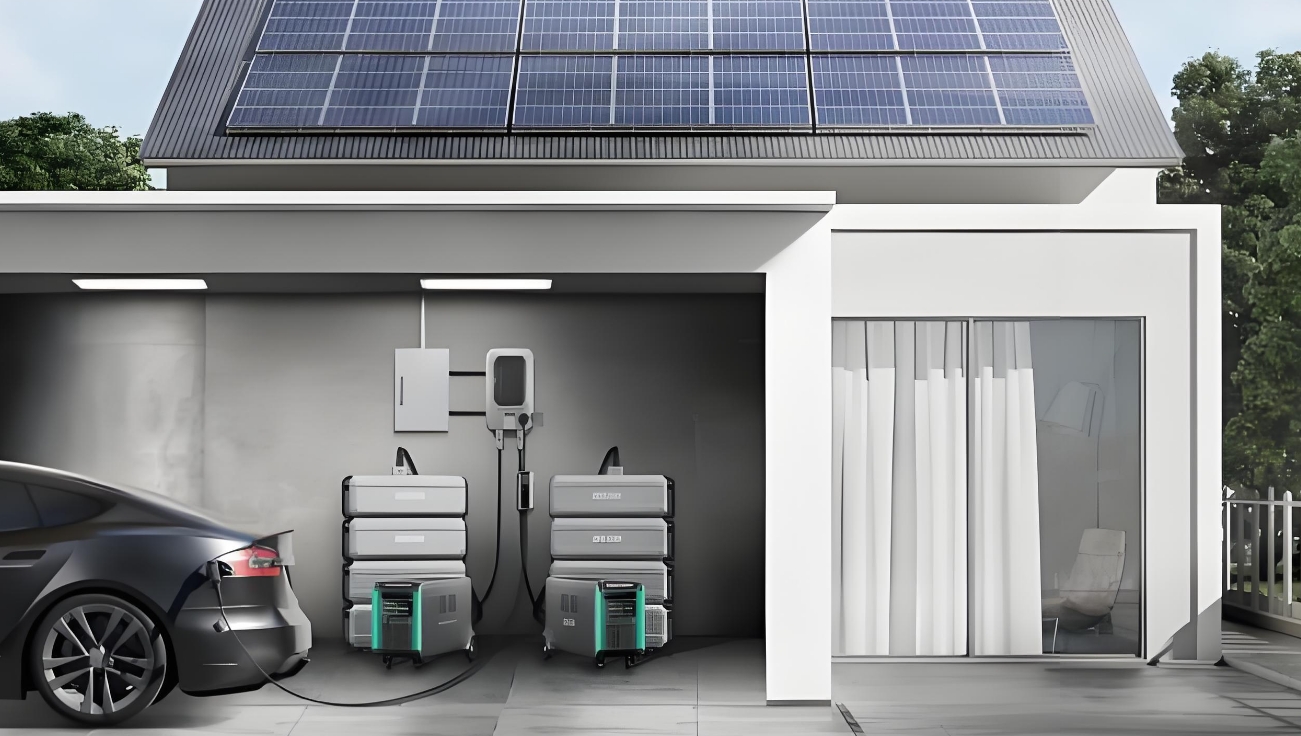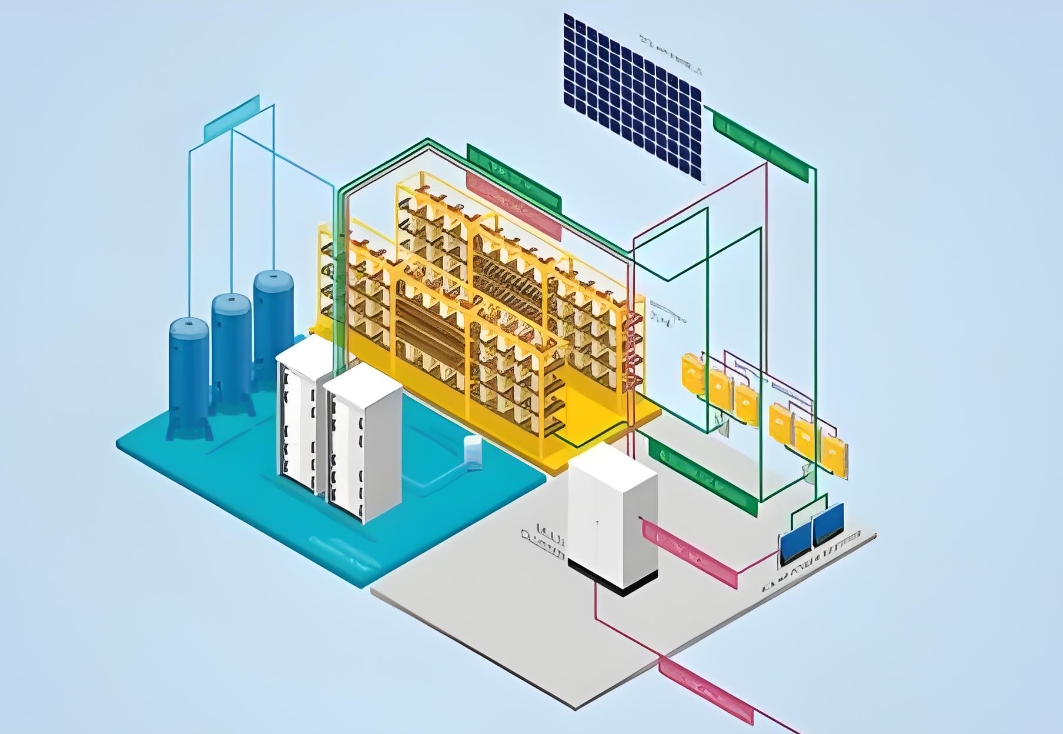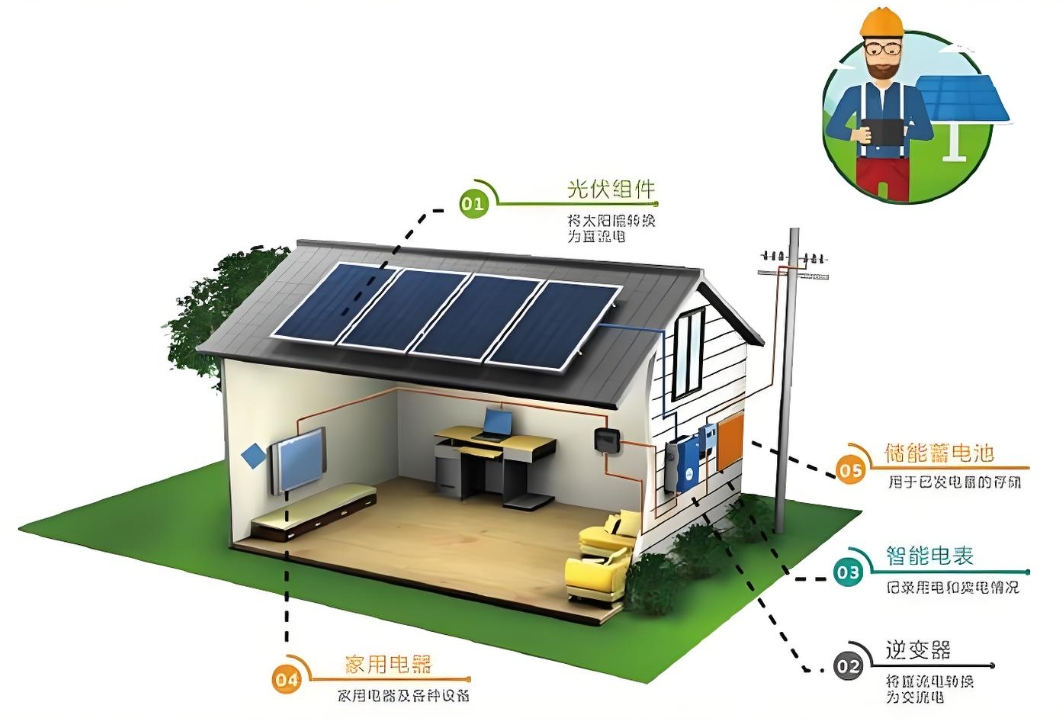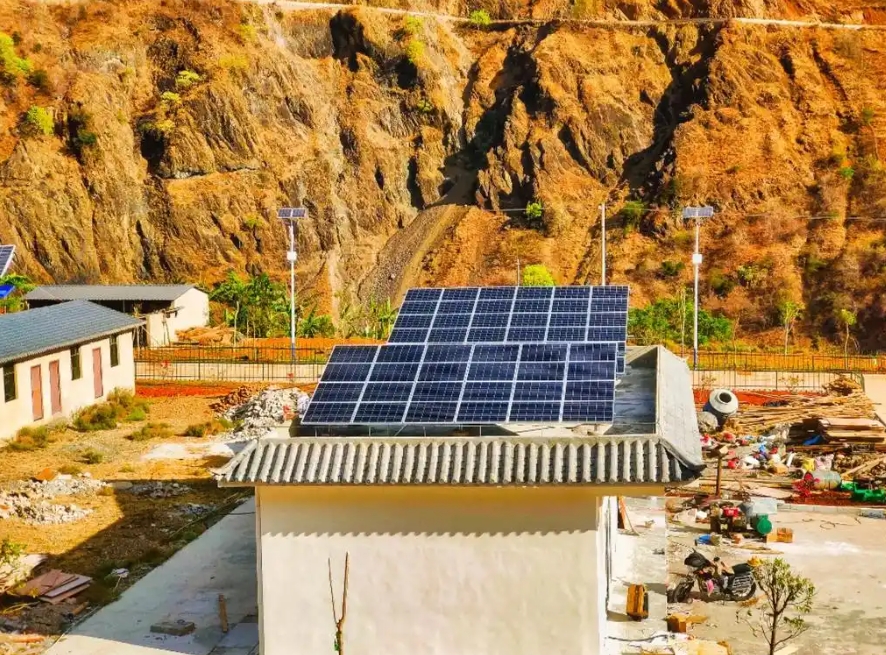How much is the price of a household energy storage system
The price of a household energy storage system is a complex and multifaceted topic, influenced by various factors such as system size, capacity, technology level, brand, and additional costs associated with installation, maintenance, and operation. Below is an expanded discussion on the pricing of household energy storage systems, aiming to provide a comprehensive understanding of the various factors that contribute to their cost.
Factors Influencing the Price of Household Energy Storage Systems
System Size and Capacity
The size and capacity of a household energy storage system are primary factors determining its price. Generally, larger systems with higher capacities are more expensive due to the need for more battery units and more complex control systems to ensure stable operation. For instance, a system with a larger battery capacity, such as 10kWh or more, will typically cost more than a smaller system with a capacity of 2kWh or 4kWh.
Technology Level
The technology level of the energy storage system also plays a significant role in its pricing. Advanced technologies often come with higher research and development (R&D) and production costs but can offer higher efficiency and longer lifespans. These advanced systems may include features such as enhanced battery management systems, improved thermal management, and smart grid integration capabilities.
Brand and Equipment Type
The brand and type of equipment used in the energy storage system can also affect its price. Well-known brands with a strong reputation for quality and reliability may charge a premium for their products. Additionally, different types of batteries (e.g., lithium-ion, lead-acid, sodium-sulfur) have varying costs associated with them, with lithium-ion batteries typically being more expensive but offering higher energy density and longer cycle life.
Installation Costs
The installation of a household energy storage system can also add to its overall cost. This includes the labor costs associated with installing the system, as well as any additional materials or equipment required for the installation process. The complexity of the installation and the location of the property can also impact the installation costs.
Maintenance and Operation Costs
Once the energy storage system is installed, there are ongoing maintenance and operation costs to consider. This includes regular inspections and maintenance of the system to ensure its continued performance and safety. Additionally, there may be costs associated with monitoring and managing the system's energy storage and discharge cycles.
Pricing Range
Given the various factors that influence the price of household energy storage systems, it is difficult to provide a definitive price range. However, based on market trends and available data, the price of a household energy storage system can typically range from several thousand dollars to tens of thousands of dollars.

For example, a small system with a capacity of around 2kWh may cost several thousand dollars, while a larger system with a capacity of 10kWh or more could cost tens of thousands of dollars. The specific price will depend on the factors mentioned above, as well as regional variations in pricing and availability.
Considerations When Purchasing a Household Energy Storage System
When considering purchasing a household energy storage system, it is important to weigh the costs and benefits. While the upfront cost may be significant, energy storage systems can offer long-term savings by reducing energy costs and dependence on the grid. They can also provide backup power during outages and increase energy resilience for households.
Conclusion
In summary, the price of a household energy storage system is influenced by multiple factors, including system size and capacity, technology level, brand and equipment type, installation costs, and maintenance and operation costs. While the specific price will vary based on these factors and regional variations, it is essential to consider the long-term benefits and savings when making a purchasing decision. By understanding the various components of the pricing and weighing the costs and benefits, households can make informed decisions about whether a household energy storage system is right for them.



